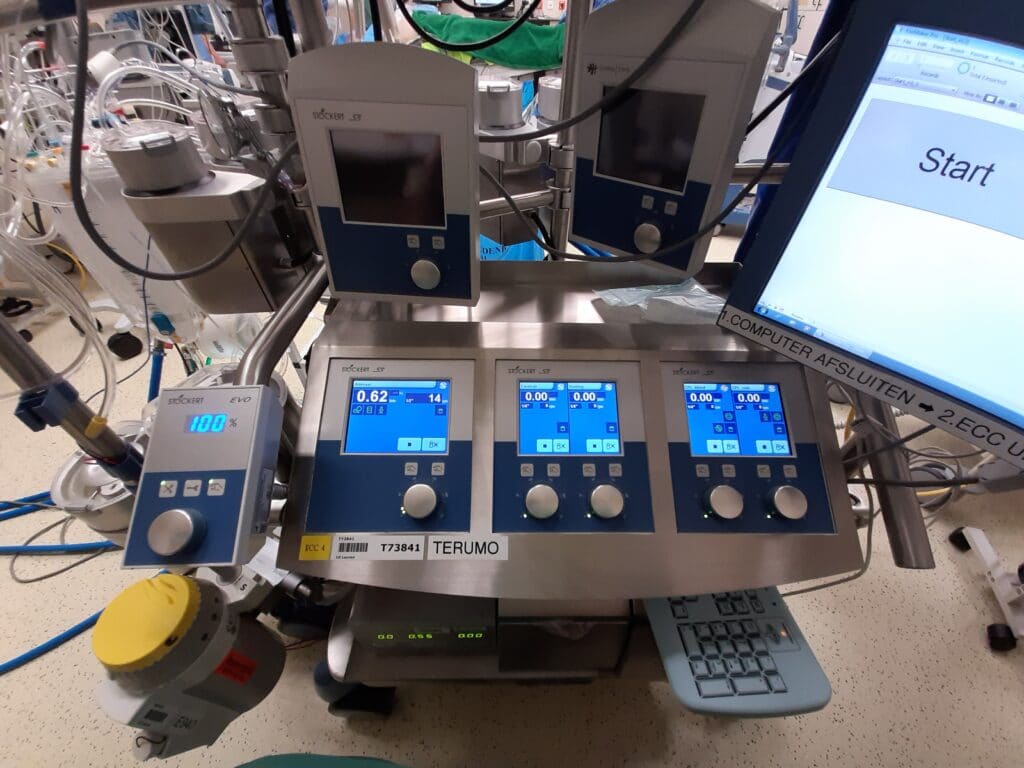Cardiac Surgery Outcome During the COVID-19 Pandemic: A Retrospective Review of the Early Experience in Nine UK Centres

Background
Early studies conclude patients with Covid-19 have a high risk of death, but no studies specifically explore cardiac surgery outcome. We investigate UK cardiac surgery outcomes during the early phase of the Covid-19 pandemic.
Methods
This retrospective observational study included all adult patients undergoing cardiac surgery between 1st March and 30th April 2020 in nine UK centres. Data was obtained and linked locally from the National Institute for Cardiovascular Outcomes Research Adult Cardiac Surgery database, the Intensive Care National Audit and Research Centre database and local electronic systems. The anonymised datasets were analysed by the lead centre. Statistical analysis included descriptive statistics, propensity score matching (PSM), conditional logistic regression and hierarchical quantile regression.
Results
Of 755 included individuals, 53 (7.0%) had Covid-19. Comparing those with and without Covid-19, those with Covid-19 had increased mortality (24.5% v 3.5%, p < 0.0001) and longer post-operative stay (11 days v 6 days, p = 0.001), both of which remained significant after PSM. Patients with a pre-operative Covid-19 diagnosis recovered in a similar way to non-Covid-19 patients. However, those with a post-operative Covid-19 diagnosis remained in hospital for an additional 5 days (12 days v 7 days, p = 0.024) and had a considerably higher mortality rate compared to those with a pre-operative diagnosis (37.1% v 0.0%, p = 0.005).
Conclusions
To mitigate against the risks of Covid-19, particularly the post-operative burden, robust and effective pre-surgery diagnosis protocols alongside effective strategies to maintain a Covid-19 free environment are needed. Dedicated cardiac surgery hubs could be valuable in achieving safe and continual delivery of cardiac surgery.
